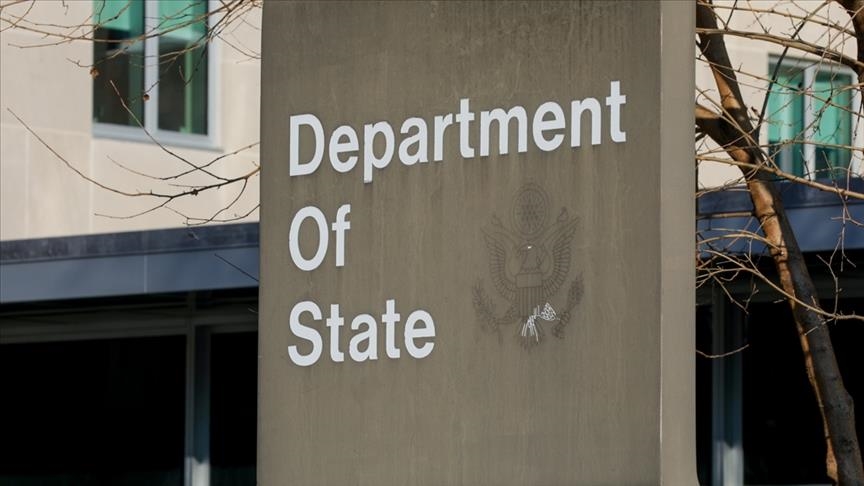US urges Saudis to disband Khashoggi murder force
'Going forward, our aim is to take steps to ensure a crime like this can never happen again,' says State Department

WASHINGTON
The US on Monday said it has urged Saudi Arabia to disband a unit of its Royal Guard that answers directly to Crown Prince Mohammed bin Salman, and was implicated in the murder of Washington Post columnist Jamal Khashoggi.
State Department spokesman Ned Price disclosed the diplomatic call publicly for the first time after the Director of National Intelligence (DNI) said in long-anticipated report that seven individuals within the 15-member hit squad sent to Istanbul in 2018 to "kill or capture" Khashoggi were from the group.
"We are aware of a network known as the Rapid Intervention Force, a unit of the Saudi Royal Guard, that has engaged in counter-dissident operations including the operation that resulted in the brutal murder of Jamal Khashoggi," he said.
"We have urged Saudi Arabia to disband this group and then adopt institutional, systemic reforms and controls to ensure that anti-dissident activities operations cease, and cease completely," he added.
In addition to carrying out anti-dissident activities, the force is also bin Salman's personal protective detail.
While it has taken steps such as blacklisting the group and a former top intelligence official, the Biden administration has faced criticism for not sanctioning bin Salman after the DNI implicated him directly in Khashoggi's murder.
The White House earlier Monday sought to diffuse criticism, arguing in part that the US does not sanction the heads of state of government with whom it has diplomatic relations.
While it is exceedingly rare for the US to sanction a world leader with whom it has ties, it is not without precedent.
Among them are Belarusian President Alexander Lukashenko, Nicaraguan President Daniel Ortega, Myanmar's de facto leader Min Aung Hlaing and Zimbabwean President Emmerson Mnangagwa.
White House spokeswoman Jen Psaki also pointed to US national interests in explaining why bin Salman was not designated.
"Global diplomacy requires holding countries accountable when needed, but also acting in the national interests of the United States," she said.
Released on Friday, the DNI's unclassified report concluded that the Kingdom's de facto ruler "approved" the operation in Istanbul to "capture or kill" Khashoggi, based in part on his "control of decisionmaking in the Kingdom, the direct involvement of a key adviser and members of Muhammad bin Salman's protective detail in the operation, and the Crown Prince's support for using violent measures to silence dissidents abroad, including Khashoggi."
"Since 2017, the Crown Prince has had absolute control of the Kingdom's security and intelligence organizations, making it highly unlikely that Saudi officials would have carried out an operation of this nature without the Crown Prince's authorization," it added in an executive summary.
Anadolu Agency website contains only a portion of the news stories offered to subscribers in the AA News Broadcasting System (HAS), and in summarized form. Please contact us for subscription options.







